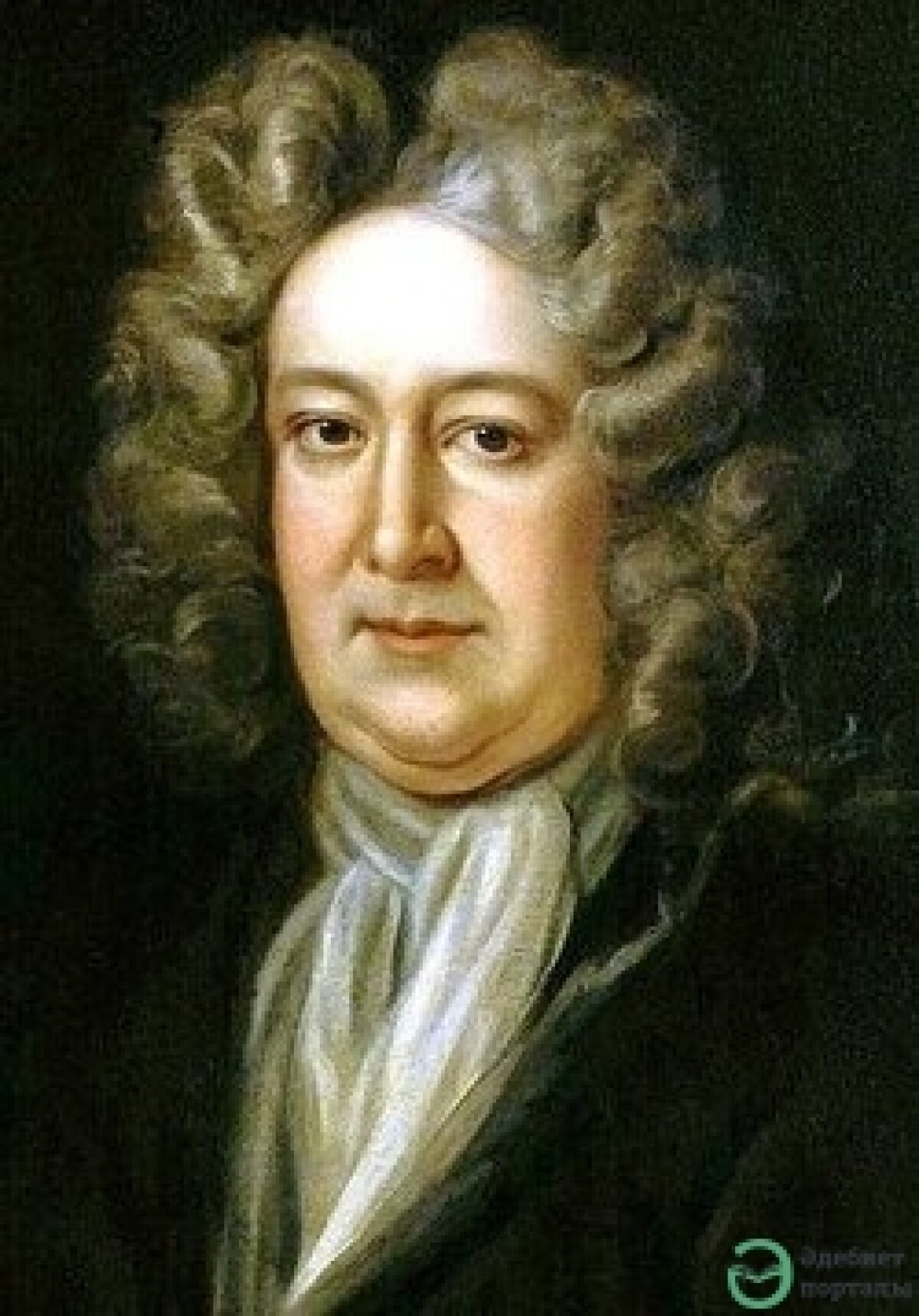Nicholas Rowe
Nicholas Rowe, (born June 20, 1674, Little Barford, Bedfordshire, England—died December 6, 1718, London), English writer who was the first to attempt a critical edition of the works of Shakespeare. Rowe succeeded Nahum Tate as poet laureate in 1715 and was also the foremost 18th-century English tragic dramatist, doing much to assist the rise of domestic tragedy.
Rowe was called to the bar in 1696 and, an ardent Whig, afterward held several minor government posts. His early plays, The Ambitious Step-Mother (1700) and Tamerlane (1702), are reminiscent of John Dryden’s heroic drama in their pomp and bluster but contain elements presaging the spirit of sentiment that characterizes The Fair Penitent (1703) and later works. This latter play is of some literary significance; its hero, Lothario, besides giving a new word for an attractive rake to the English language, was apparently the prototype of Lovelace, the hero of Samuel Richardson’s novel Clarissa. Rowe composed The Tragedy of Jane Shore (1714) in imitation of Shakespeare’s style, as he did The Tragedy of the Lady Jane Grey (1715). His only comedy, The Biter (1704), was a failure.
In The Works of Mr. William Shakespear; Revised and Corrected, 6 vol. (1709; 9 vol., including poems, 1714), Rowe essentially followed the fourth folio edition of 1685, although he claimed to have arrived at the text by comparing “the several editions.” He did, however, restore some passages in Hamlet, Romeo and Juliet, Henry V, and King Lear from early texts. He abandoned the clumsy folio format (a 9 × 12-inch page size), listed the characters in the plays, attempted act and scene divisions, and supplied a life of Shakespeare that, although composed for the most part of dubious tradition, remained the basis for all Shakespeare biographies until the early 19th century. Rowe’s own poetic output included occasional odes and some translations. His version of the Roman poet Lucan’s Pharsalia, written in heroic couplets and published posthumously in 1718, was greatly admired throughout the 18th century.
Share:









